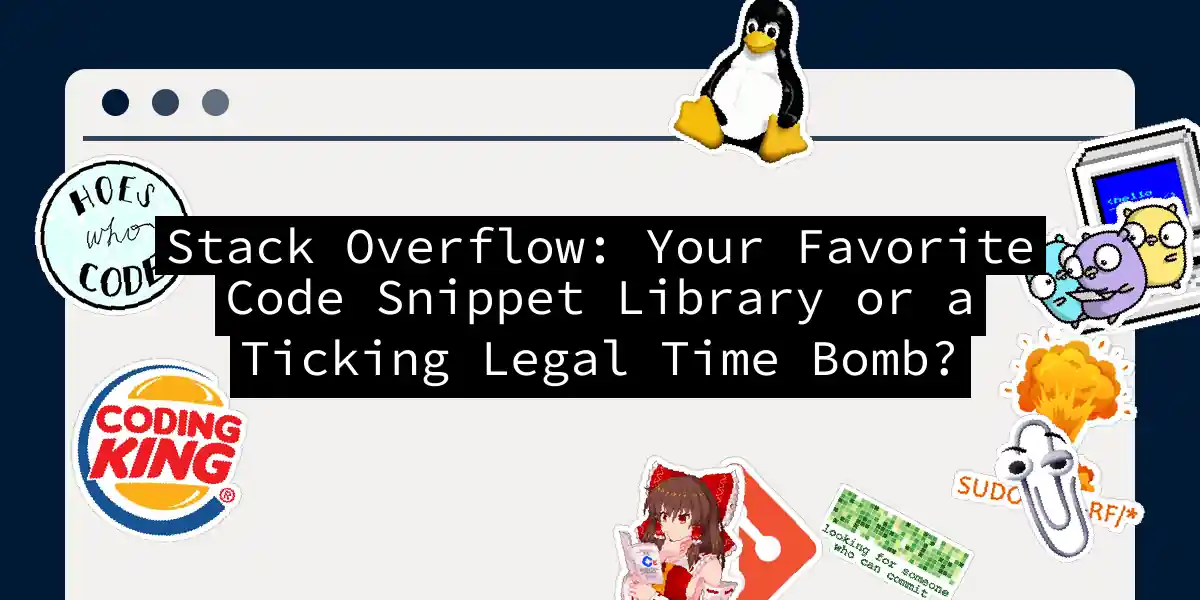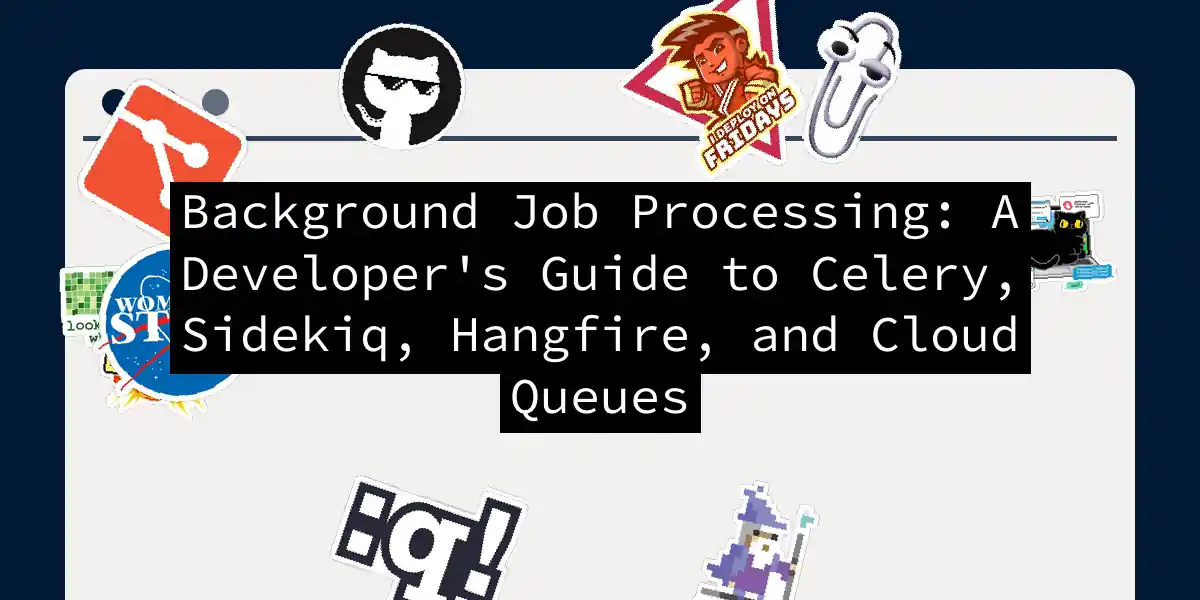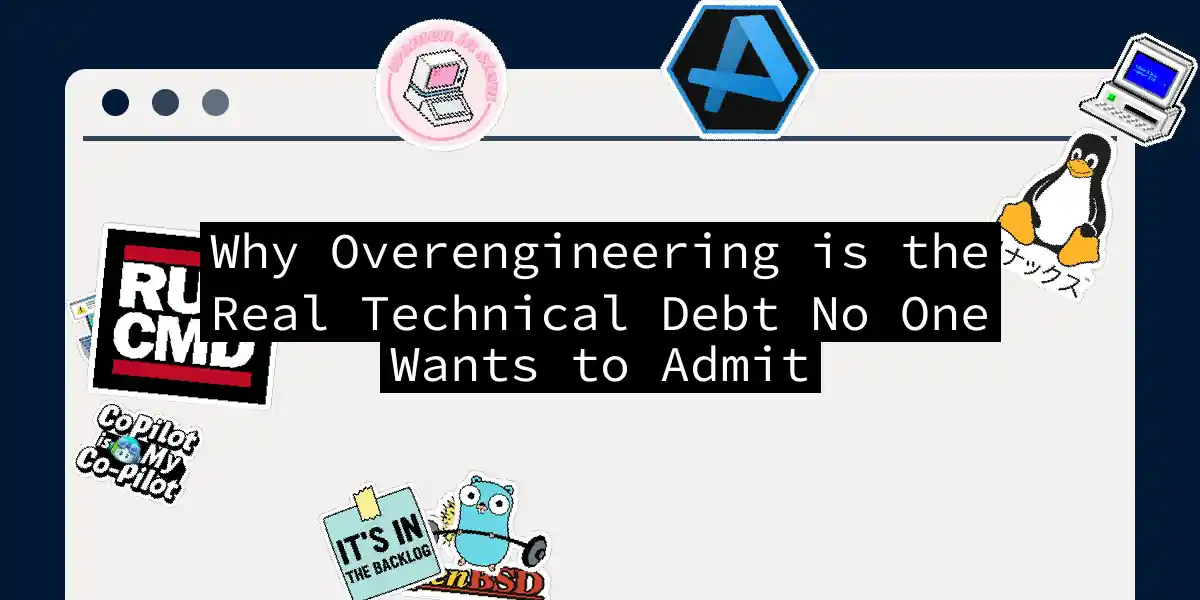
Why Your Technical Content Falls Flat (And How to Fix It)
The Silent Killer of Technical Content You know that moment when you stumble upon a documentation page, start reading, and by paragraph three your eyes glaze over? You’re not alone. Somewhere in a Slack channel right now, a developer is typing: “Has anyone read this docs? I’m so lost.” The brutal truth: most technical content fails not because it’s incorrect, but because it forgets that humans—actual, tired, impatient humans—will be reading it....



